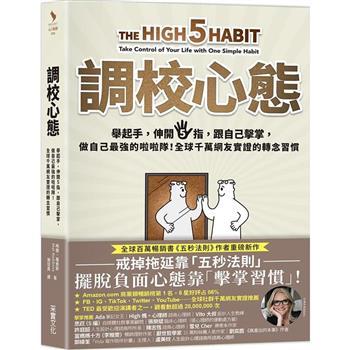This book is a collection of chapters by playwrights, directors, devisers, scholars, and educators whose praxis involves representing, theorizing, and performing social trauma.
Chapters explore how psychic catastrophes and ruptures are often embedded in social systems of oppression and forged in zones of conflict within and across national borders. Through multiple lenses and diverse approaches, the authors examine the connections between collective trauma, social identity, and personal struggle. We look at the generational transmission of trauma, socially induced pathologies, and societal re-inscriptions of trauma, from mass incarceration to war-induced psychoses, from gendered violence through racist practices. Collective trauma may shape, protect, and preserve group identity, promoting a sense of cohesion and meaning, even as it shakes individuals through pain. Engaging with communities under significant stress through artistic practice offers a path towards reconstructing the meaning(s) of social trauma, making sense of the past, understanding the present, and re-visioning the future.
The chapters combine theoretical and practical work, exploring the conceptual foundations and the artists’ processes as they interrogate the intersections of personal grief and communal mourning, through drama, poetry, and embodied performance.












